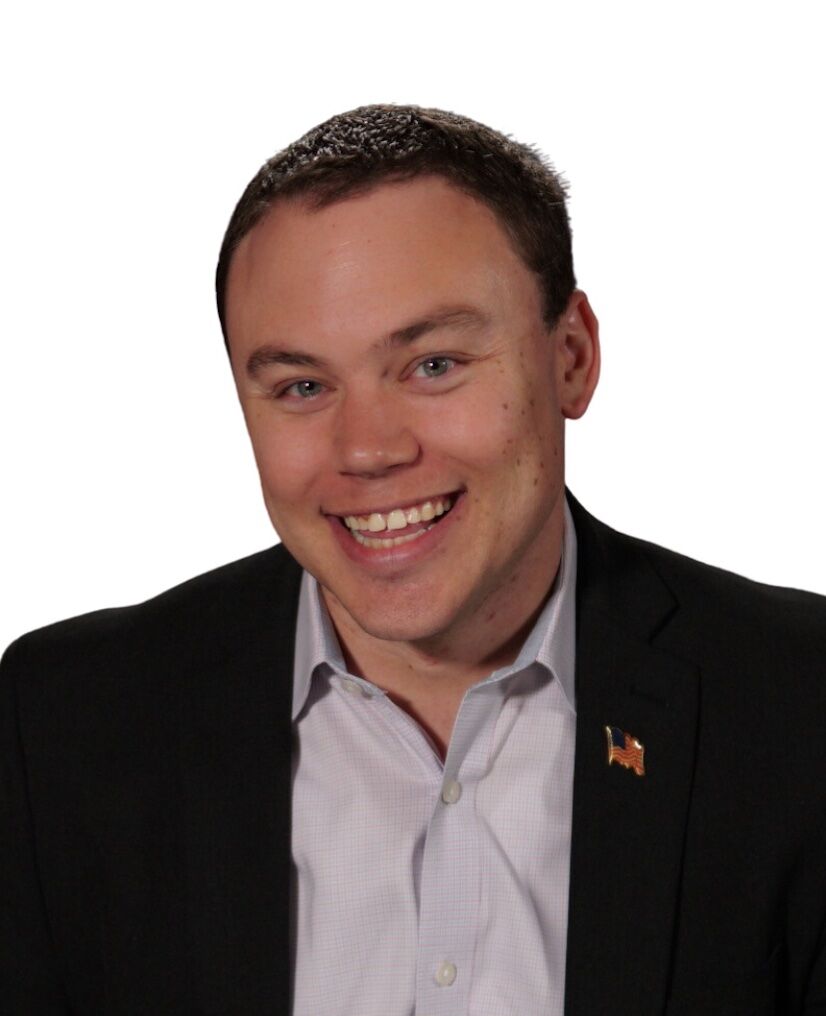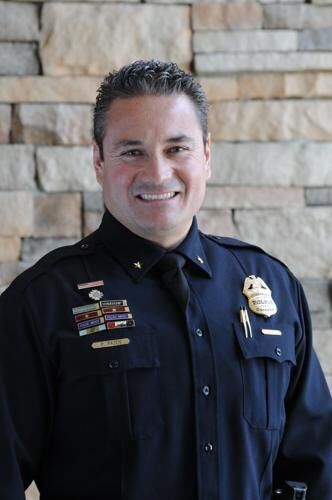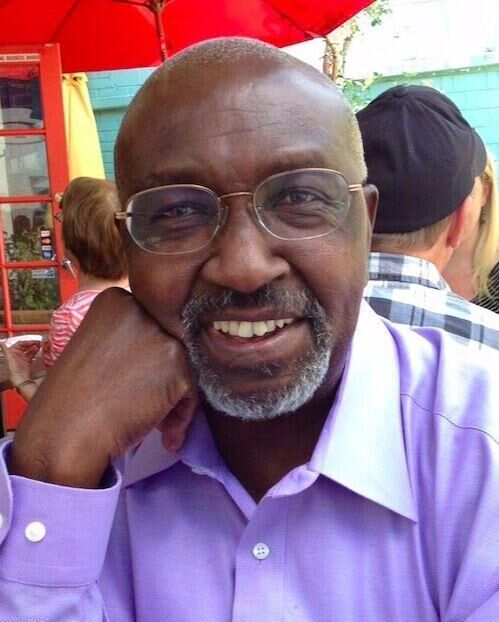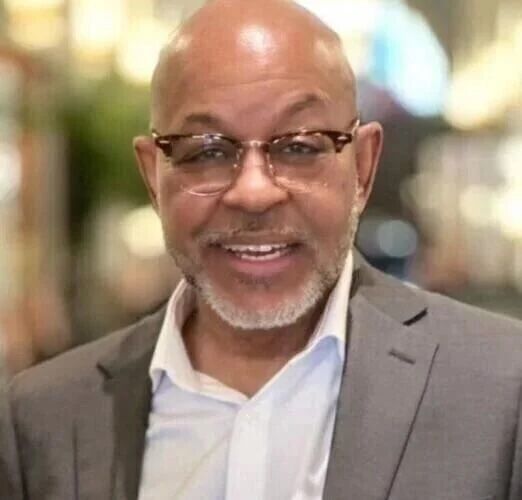Careers suitable for Generation Z
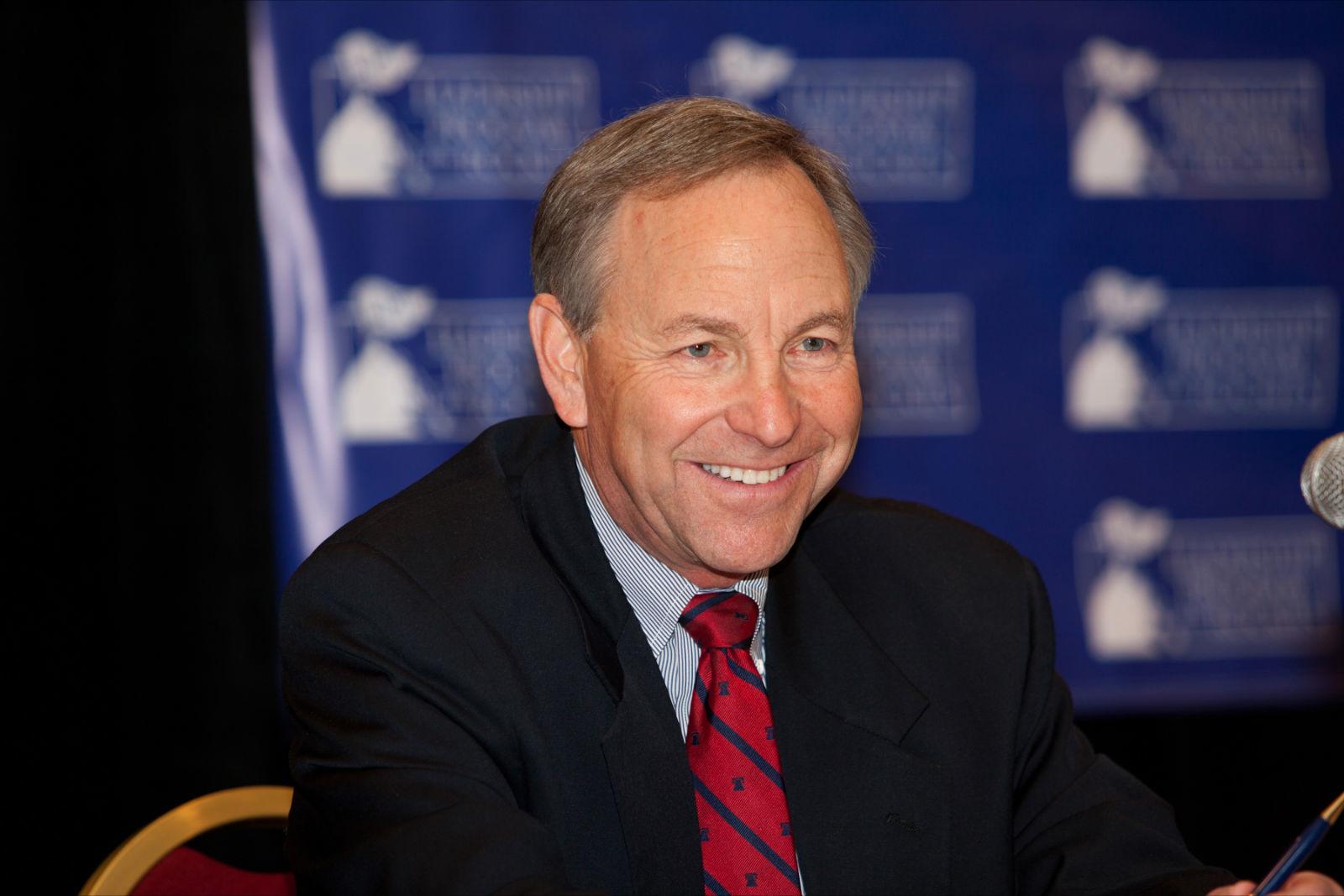
Although people that fall within the age boundaries of a generation may have many characteristics and beliefs in common, a sweeping generalization that stereotypes all of them is presumptuous, ignoring the individuality of many others. Since I was born during World War II, I’m two years short of being technically a Baby Boomer.
However, I’m close enough to fit some of the stereotypes of that generation like a strong work ethic, personal responsibility, loyalty, and patriotism.
Gen Z-ers were born between 1997 and 2012, which makes them 13-28 years old now. Their unflattering stereotypes include being self-absorbed, requiring constant praise, narcissistic, job-hopping, feeling entitled, woke, hypersensitive, preferring socialism to capitalism, social justice activists, glued to their cell phones and social media, financially irresponsible, and preferring to have pets rather than wives and children. They’re proud of the participation trophies they were handed after finishing last in grade-school sporting contests.
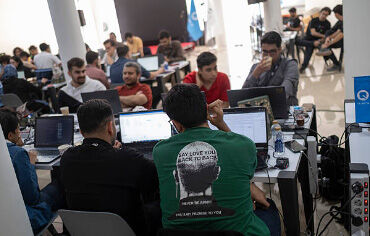
And ambition and competition are sources of anxiety for them. In fairness, I have to say I’ve met some conservative Gen Z-ers who don’t match this stereotype but the great majority of this generation, especially the young women, are indoctrinated progressives who vote for Democrats; the kind of people who’ve flocked to the mayoral campaign of socialist Zohran Mamdani in New York City.
A recent op-ed column in the Wall Street Journal by Suzy Welch, was headlined “Is Gen Z Unemployable?” Welch is a professor at NYU’s Stern School of Business who conducted a study of the values and virtues business-hiring-managers look for in prospective employees versus those of typical Gen Z-ers. Welch concludes that most Gen Z-ers are going to have a hard time finding a good job in many fields if they don’t change their attitude.
A few days after the Journal published Welch’s column, it ran a letter-to-the editor from a Logan Bradford of Lidon, Utah, apparently a proud Generation Z-er, who strongly disagreed. He doesn’t believe that Gen Z-ers should “pay their dues” and conform to a company’s culture in order to get hired or advance. It’s just the opposite, he argues. Businesses should design their workplaces to match the values of young Gen Z-ers so that they’ll be happy and flourish.
Bradford analogizes this to marketing. “You don’t tell customers to adjust their values until they like your product. You tailor your product to meet them where they are,” further insisting that, “a company’s most important customers are its employees.” (Which are two distinctly different things.) Then he claims, “Gen Z’s values aren’t liabilities to manage; they’re assets to mobilize,” leading to this grandiose conclusion: “Self-care drives sustainability, authenticity fuels trust, and altruism builds team cohesion.” Finally, he concludes, “Paying dues won’t make them stronger, it’ll make them leave.” (Good riddance, I say.)
Welch’s survey of 2,100 experienced hiring managers in knowledge-industries that rely heavily on human capital were asked to identify the number-one value they desire in their new employees. “Achievement” came in first, defined as the value of wanting accomplishments and success other people can see; that was ranked eleventh by Gen Z-ers; 61% of whom wished they had less of it in their lives. “Scope,” the desire for learning, action and stimulation, was ranked second by businesses and tenth by Gen Z-ers. And “Workcentrism,” the desire to work for work’s sake came in third for employers but ninth for Gen Z-ers.
Of the 45,000 people who took Welch’s values test, 7,563 were Gen Z respondents of which only 154, just 2.04 percent, placed achievement, scope and work centrism in their top five values. That disconnect between what employers want and what Gen Z-ers demand doesn’t help their job prospects ― except for the two percent who match up. Despite their inflated self-importance in a tight, competitive employment market, Gen Z-ers are likely to be beggars not choosers.
As for careers they’d be better-suited for, I doubt it would include the discipline, hierarchy and rigidity of the military where they might find a drill sergeant insensitive and the weaponry off-putting. But working in a bodega could be fun and even catapult them to a seat in Congress as it did AOC, their political idol, with whom they could collaborate to get their unpaid student loans cancelled (a master’s degree in Ethnic Studies isn’t cheap). They’d also fit in well as a liberal journalist, NPR reporter, MSNBC commentator, Bernie Sanders intern, social worker, Ivy League college professor, labor union organizer, public defender, shoplifter, or paid anti-Trump protestor if they love to obstruct the police and scream hysterically.







